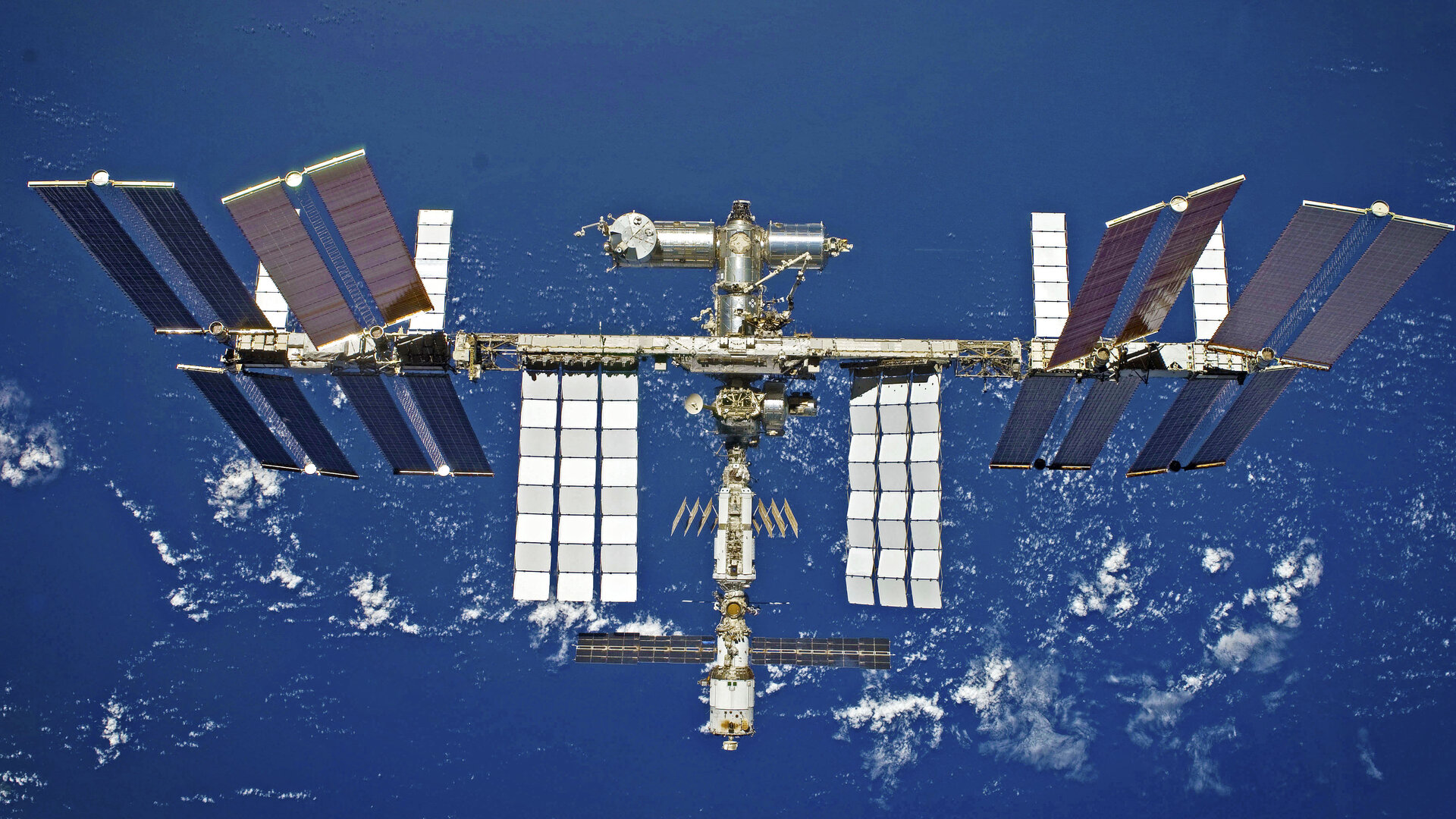Russia has sparked alarms by threatening to seize control of a German satellite orbiting the Earth and taking it out of “safe mode,” Deutsche Welle (DW) reported.
Russian Sukhoi Fighter ‘Hunts Down’ A Ukrainian Mi-14 Chopper; Incident Gets Caught On Camera — Watch
According to the latest report, Russian scientists are now attempting to take control of a German satellite that is over a million miles away from the Earth.
Three years ago, a Russian Proton rocket successfully launched the Spektr-RG spacecraft. It included a German X-ray observatory – eROSITA, and the ART-XC, a Russian high-energy X-ray telescope.
However, following Russia’s invasion of Ukraine, Germany terminated its cooperation with Roscosmos, prompting eROSITA to go into safe mode on February 26. This move has enraged Russian authorities, who now reportedly want control of the instrument back.

Dmitry Rogozin, the outspoken head of Roscosmos, is now planning to take control of the telescope. “I gave instructions to start work on restoring the operation of the German telescope in the Spektr-RG system, so it works together with the Russian telescope,” Rogozin said on Russian state TV, as quoted by German broadcaster Deutsche Welle.
“Despite Germany’s demand to shut down one of the two telescopes at Spektr-RG, Russian specialists insist on continuing its work,” he added. “Roscosmos will make relevant decisions in the near future.”
On the other hand, German officials have warned that switching on eROSITA without the participation of Germany could result in its damage.
‘Tail Up & Nose Down’ – Why World’s Best Selling Fighter Jets Are Crashing In A Very Predictable Manner?
The head of the Russian space agency is enraged that Germany has stopped the Spektr-RG spacecraft’s operations. “They — the people that made the decision to shut down the telescope — don’t have a moral right to halt this research for humankind just because their pro-fascist views are close to our enemies,” Rogozin said.
The Spektr-RG Spacecraft
As part of a collaboration between Russia’s Roscosmos and the German space agency, DLR, a Russian heavy-lift Proton rocket lifted the Spektrum-Röntgen-Gamma telescope into orbit in 2019.
The 1.2-ton Spektr-RG spacecraft is 1.5 million kilometers from Earth in halo orbit. The X-ray observatory was created with the goal of detecting and observing galaxy clusters and supermassive black holes.
Roscosmos was given the duty of building the Spektr-RG spacecraft. In contrast, Germany’s Max Planck Institute for Extraterrestrial Physics was tasked to design and construct the space observatory’s primary instrument, known as eROSITA.
eROSITA began observing the cosmos in late 2019 after its launch, and it was expected to do so for the next seven years.
Then, in late February of this year, Russia launched an invasion of Ukraine, prompting Germany and many other Western nations to suspend scientific cooperation with Russia.
At the time, eROSITA had completed four of its eight planned “all-sky” surveys, and it was placed on hold when Germany decided it would no longer engage in the project.
Meanwhile, the decision to restart eROSITA was criticized by Lev Zeleny, scientific director of the Russian Academy of Science’s Space Research Institute. Russia’s state-run Gazeta claimed that all scientists “strongly object” to this idea for both political and technological reasons.
It’s also uncertain whether Russian astronomers will actually learn how to use eROSITA, or whether international publications would publish any scientific findings that result from the transfer, according to Zeleny.
The Spektr-RG project’s scientific overseer, Rashid Sunyaev, is also concerned that Russian scientists may accidentally damage Germany’s telescope, Russian news agency Interfax reported.
Furthermore, tensions over the International Space Station (ISS) were also highlighted by the Rogozin. He spoke out once again on the International Space Station (ISS) and how global pressure on Russia could lead to Moscow’s withdrawal from the project.

“The purpose of the sanctions is to kill the Russian economy, plunge our people into despair and hunger and bring our country to its knees,” the enraged chief said in April.
“I believe that the restoration of normal relations between partners in the International Space Station and other joint projects is possible only with the complete and unconditional lifting of illegal sanctions.”
Rogozin also said he would present his ideas to the Russian government “in the near future” on “the timing of the completion of cooperation within the ISS.” However, NASA regularly downplayed these threats.
Nonetheless, it remains to be seen what Russia’s aggressive action will entail for the observatory’s future.
- Contact the author at ashishmichel@gmail.com
- Follow EurAsian Times on Google News





